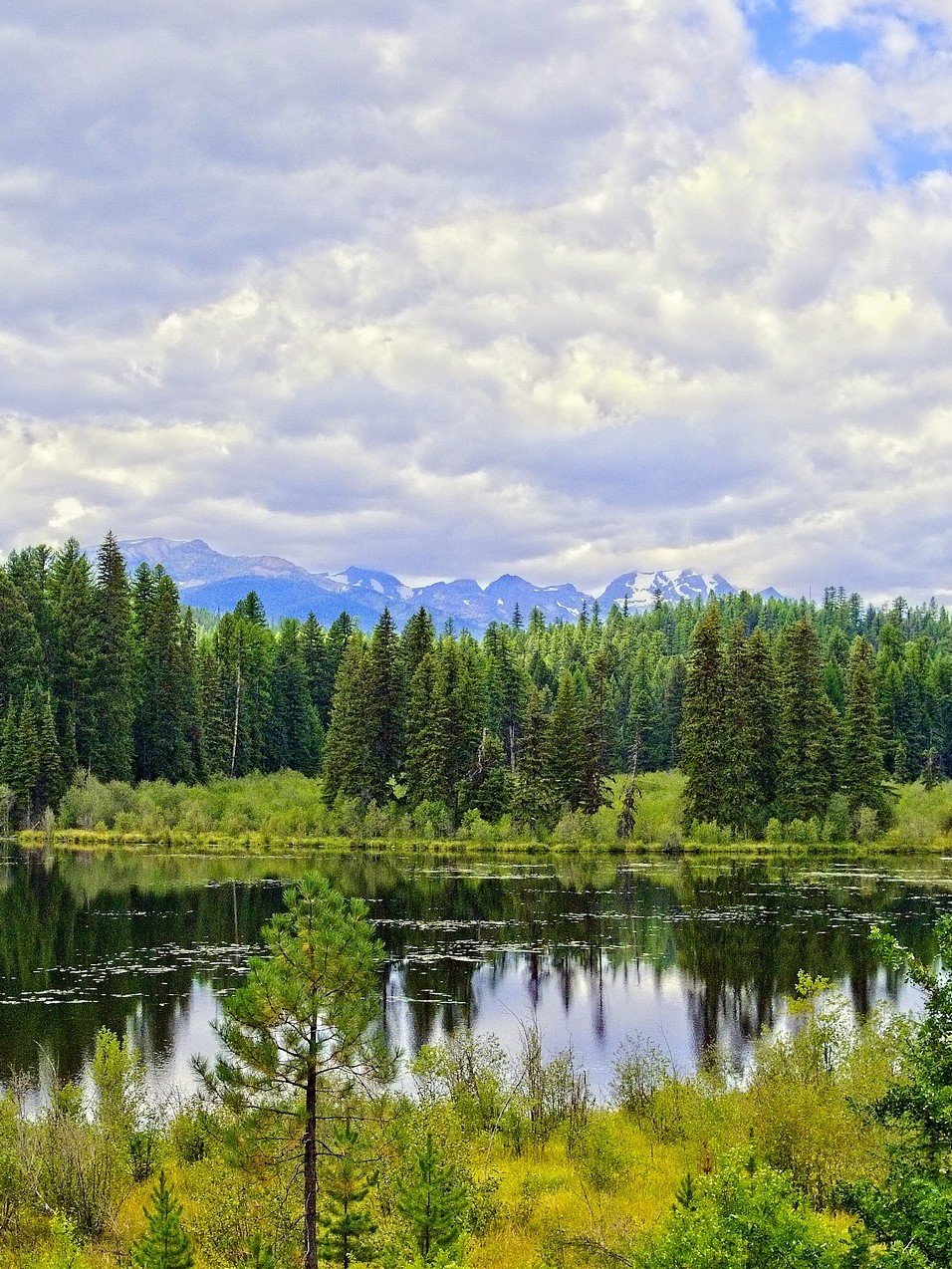
MLSA Offices
Montana Legal Services Association staff are licensed to practice in all Tribal Courts in Montana, and we have offices and satellite offices in the following locations:
- Billings, traditional homeland to the Očhéthi Šakówiŋ (Sioux), Niitsítpiis-stahkoii ᖹᐟᒧᐧᐨᑯᐧ ᓴᐦᖾᐟ (Blackfoot / Niitsítapi ᖹᐟᒧᐧᒣᑯ), Apsaálooke (Crow), and Tséstho’e (Cheyenne) people
- Bozeman, traditional homeland to the Apsaálooke (Crow), Tséstho’e (Cheyenne), and Séliš & Ktunaxa (Salish & Kootenai) people
- Butte, traditional homeland to the Shoshone-Bannock and Séliš & Ktunaxa (Salish & Kootenai) people
- Helena, traditional homeland to the Séliš & Ktunaxa (Salish & Kootenai) Tribes and Niitsítpiis-stahkoii ᖹᐟᒧᐧᐨᑯᐧ ᓴᐦᖾᐟ (Blackfoot / Niitsítapi ᖹᐟᒧᐧᒣᑯ)
- Missoula, traditional homeland to the Séliš (Salish) and Kalispel people.
The Montana Legal Services Association serves the civil legal needs of low income Montanans across the entire state of Montana. As part of that work, MLSA acknowledges that Montana occupies territory originally occupied by the Blackfeet, Crow, Cheyenne, Salish & Kootenai, Shoshone-Bannock, and Kalispel Nations.
As a result of colonial policies designed to assimilate Indigenous peoples, 12 federally recognized Native Nations dwell in what is now the state of Montana.
- Assiniboine/Nakoda
- Blackfeet/Niitsitapi (Pikuni)
- Chippewa (Ojibway)/Annishinabe
- Crow/Apsaálooke
- Gros Ventre/Aaniiih
- Kootenai/Ktunaxa (Ksanka)
- Little Shell Chippewa (Ojibwe)/Annishinabe & Métis
- Pend d’Oreille/Qĺispé
- Plains Cree/Ne-i-yah-wahk
- Salish/ Séliš
- Sioux/Lakota & Dakota
- Northern Cheyenne/ Tsetsêhesêstâhase/So'taahe
A
All of North America shares this history of displacement of powerful Native Nations that once resided on these lands. The law has often been used to carry out this displacement and assimilation. As a law firm, MLSA is committed to navigating the law in partnership with Tribes across the state to support current-day Indigenous communities and individuals. MLSA continues to work to take action to support Indigenous people in our communities through both our legal work and community partnerships.
MLSA wishes to acknowledge that the Indigenous peoples of these lands have experienced traumatic history, but also that Indigenous people and nations are a vital part of Montana's past, present, and its future.
MLSA purposefully takes actions to learn about, build relationships, share stories, and take action to support Indigenous people in our communities. The process of knowing and acknowledging the land on which we stand on is a way of honoring and expressing gratitude for the ancestral people who were on this land before us.
MLSA also encourages you to learn about the Indigenous peoples whose ancestors cared for the land you occupy and who are a vibrant part of Montana's present and future.
You can learn more about...
- Treaties and their importance at the Indigenous Digital Archives Treaty Explorer.
- Researching and accessing Tribal Codes and Constitutions at National Indian Law Library.
- Current public health, governance, land, sovereignty, and other issues in indigenous communities in the Rocky Mountain region at Rocky Mountain Tribal Leaders Council.
- Indian Land Tenure Foundation offers a broad spectrum of educational materials, opportunities, and resources on land issues.
The Montana Indian Law Portal hosts links to information and legal resources about each Tribal Nation in Montana.
Tribal Court Forms and Information
-
Blackfeet Tribal Court forms and information.
Chippewa Cree Tribal Court forms and information.
Crow Tribal Court forms and information.
Confederated Salish and Kootenai Tribal Court forms and information.
Fort Belknap Indian Community Tribal Court forms and information.
Fort Peck Tribal Court forms and information.
Northern Cheyenne Tribal Court forms and information.
